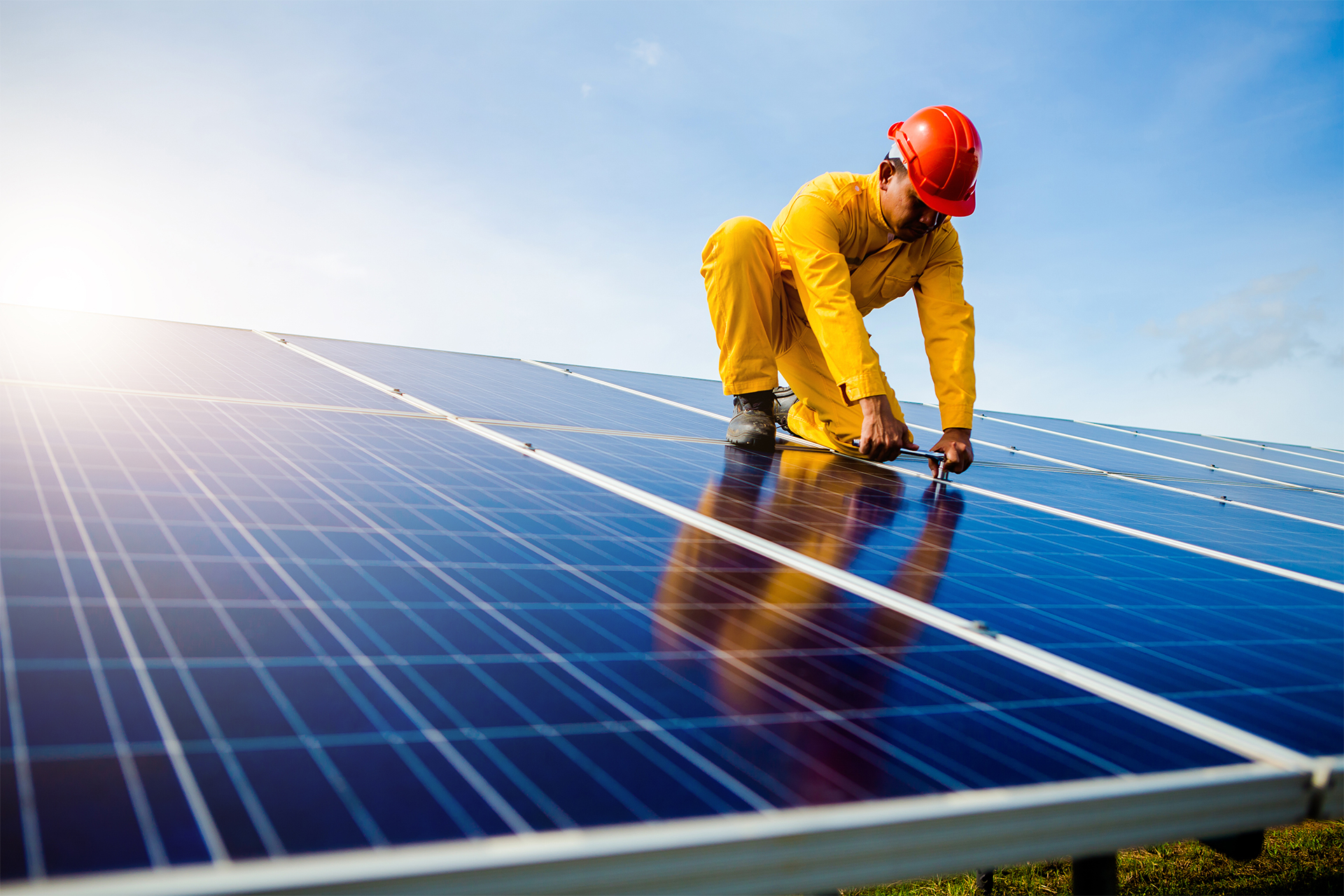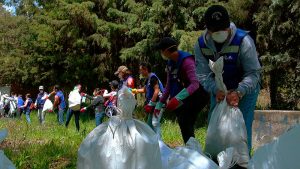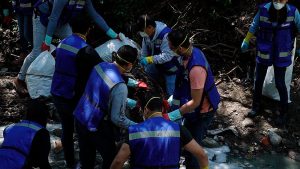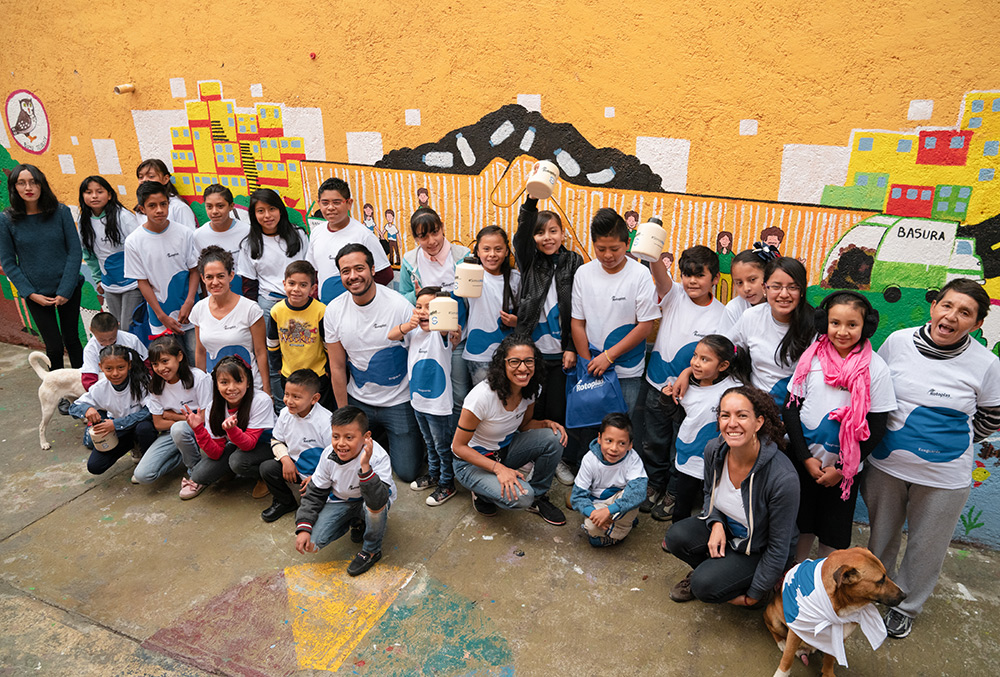| En línea con el foco 1 de la Estrategia de Sustentabilidad de Rotoplas: Institucionalización y gobernabilidad en sustentabilidad, Grupo Rotoplas se ha ubicado dentro del ranking 2018: 500 empresas frente a la corrupción por parte de la revista Expansión. |
Anualmente, Expansión realiza un estudio a partir de información pública en los sitios de internet de cada empresa. Adicionalmente evalúa a las empresas mediante un cuestionario basado en la publicidad de las políticas anticorrupción en alineación con la Transparencia de la Información Corporativa (TRAC, por sus siglas en inglés) de Transparencia Internacional.
En el cuestionario se analizaron 28 preguntas agrupadas en cuatro ejes: (1) Publicidad de los elementos de una política anticorrupción integral; (2) Alcance y socialización de la política anticorrupción; (3) Sistema de monitoreo, denuncia y sanciones; y (4) Accesibilidad de la información.
En dicha evaluación Rotoplas obtuvo el lugar 262, mejorando 54 posiciones con respecto al año anterior. Entendemos que hemos mejorado la transparencia de nuestras políticas anticorrupción con respecto al año anterior, pero todavía queda mucho camino por recorrer.
Es así como Grupo Rotoplas ve reflejado su esfuerzo en la estrategia de sustentabilidad mediante el reconocimiento externo y continúa colaborando en la mejora continua de su reputación y la disponibilidad de su información siendo una empresa pública.
Te invitamos a conocer otros proyectos en nuestro sitio web de sustentabilidad www.rotoplas.com/sustentabilidad










